Intro
Boost health with iron enriched diet benefits, reducing anemia risks and improving oxygen flow, while increasing energy levels and supporting immune function.
Iron is an essential nutrient that plays a critical role in maintaining the overall health and well-being of the human body. It is a vital component of hemoglobin, a protein in red blood cells that carries oxygen from the lungs to the rest of the body. Without sufficient iron, the body's cells and tissues may not receive the oxygen they need to function properly, leading to a range of health problems. An iron-enriched diet is crucial for preventing iron deficiency and ensuring that the body functions optimally. In this article, we will explore the benefits of an iron-enriched diet and provide guidance on how to incorporate more iron-rich foods into your daily meals.
The importance of iron in the body cannot be overstated. It is necessary for the production of hemoglobin, as well as other vital functions such as energy production, immune function, and cognitive development. Iron deficiency is a common nutritional disorder that affects millions of people worldwide, particularly women of childbearing age, pregnant women, and young children. The consequences of iron deficiency can be severe, ranging from mild fatigue and weakness to more serious health problems such as anemia, impaired cognitive function, and increased risk of infections.
A well-planned iron-enriched diet can help prevent iron deficiency and ensure that the body receives the iron it needs to function properly. Iron-rich foods include red meat, poultry, fish, beans, lentils, and fortified cereals. It is also important to consume foods that are rich in vitamin C, such as citrus fruits, bell peppers, and tomatoes, as vitamin C can enhance iron absorption. Additionally, cooking in cast-iron cookware and avoiding tea and coffee with meals can also help increase iron intake.
Introduction to Iron Enriched Diet
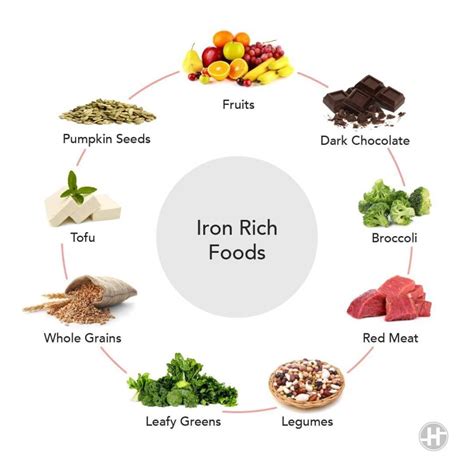
Benefits of Iron Enriched Diet
The benefits of an iron-enriched diet are numerous and well-documented. Some of the key benefits include: * Preventing anemia and related health problems * Boosting energy levels and reducing fatigue * Improving athletic performance and endurance * Supporting immune function and reducing the risk of infections * Enhancing cognitive function and reducing the risk of neurodegenerative diseases * Supporting healthy skin, hair, and nailsIron Rich Foods
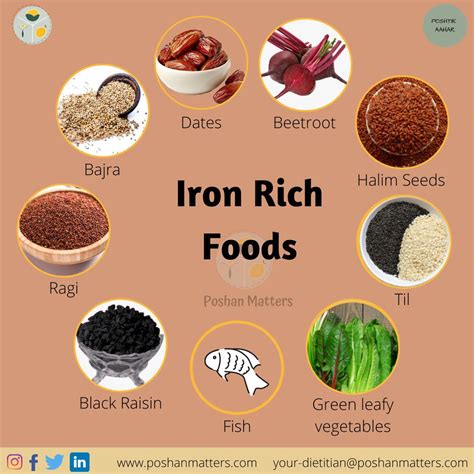
Increasing Iron Intake
There are several ways to increase iron intake, including: * Consuming iron-rich foods at every meal * Cooking in cast-iron cookware * Avoiding tea and coffee with meals * Consuming foods that are rich in vitamin C, such as citrus fruits and bell peppers * Taking iron supplements, if necessaryImportance of Iron for Athletes
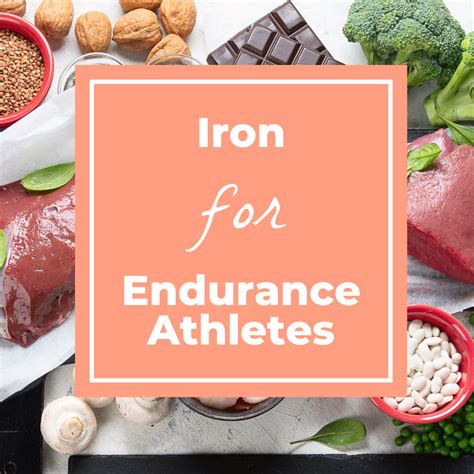
Iron Deficiency in Athletes
Iron deficiency is common among athletes, particularly those who engage in high-intensity sports. The symptoms of iron deficiency in athletes include: * Fatigue and weakness * Shortness of breath and dizziness * Poor athletic performance and reduced endurance * Increased risk of injury and illness * Poor recovery from exerciseIron and Immune Function
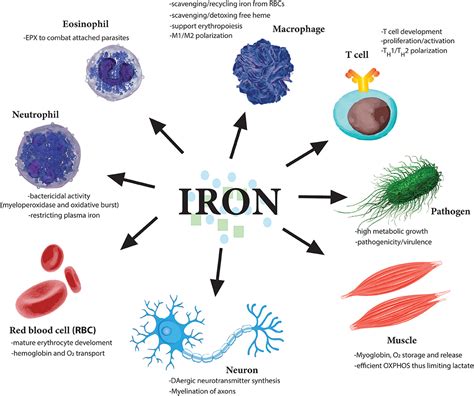
Iron and Infections
Iron deficiency can increase the risk of infections, particularly among individuals with compromised immune systems. The symptoms of iron deficiency-related infections include: * Fatigue and weakness * Shortness of breath and dizziness * Poor wound healing and increased risk of infection * Increased risk of respiratory tract infections, such as pneumonia and bronchitisIron and Cognitive Function

Iron and Neurodegenerative Diseases
Iron deficiency has been linked to an increased risk of neurodegenerative diseases, such as Alzheimer's and Parkinson's. The symptoms of iron deficiency-related neurodegenerative diseases include: * Memory loss and cognitive decline * Mood changes and depression * Motor dysfunction and tremors * Increased risk of falls and fracturesConclusion and Recommendations
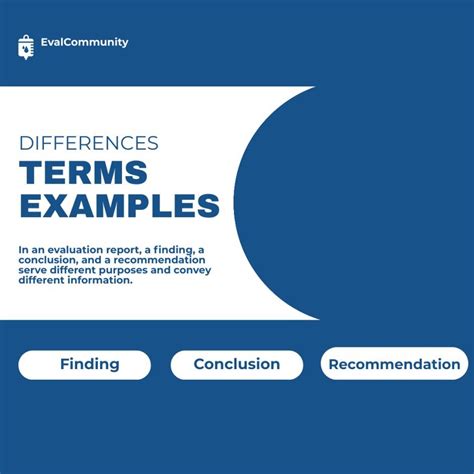
We encourage readers to share their experiences with iron-enriched diets and provide tips for incorporating more iron-rich foods into daily meals. Please comment below with your thoughts and suggestions, and consider sharing this article with friends and family who may benefit from an iron-enriched diet.
What are the symptoms of iron deficiency?
+The symptoms of iron deficiency include fatigue, weakness, shortness of breath, and dizziness. Iron deficiency can also impair cognitive function, reducing concentration and memory, and increase the risk of infections and illnesses.
What are the best sources of iron?
+The best sources of iron include red meat, poultry, fish, beans, lentils, and fortified cereals. It is also important to consume foods that are rich in vitamin C, such as citrus fruits and bell peppers, as vitamin C can enhance iron absorption.
Can iron supplements help prevent iron deficiency?
+Yes, iron supplements can help prevent iron deficiency, particularly for individuals who are at risk of iron deficiency. However, it is essential to consult with a healthcare professional before taking iron supplements, as excessive iron intake can cause adverse effects.
